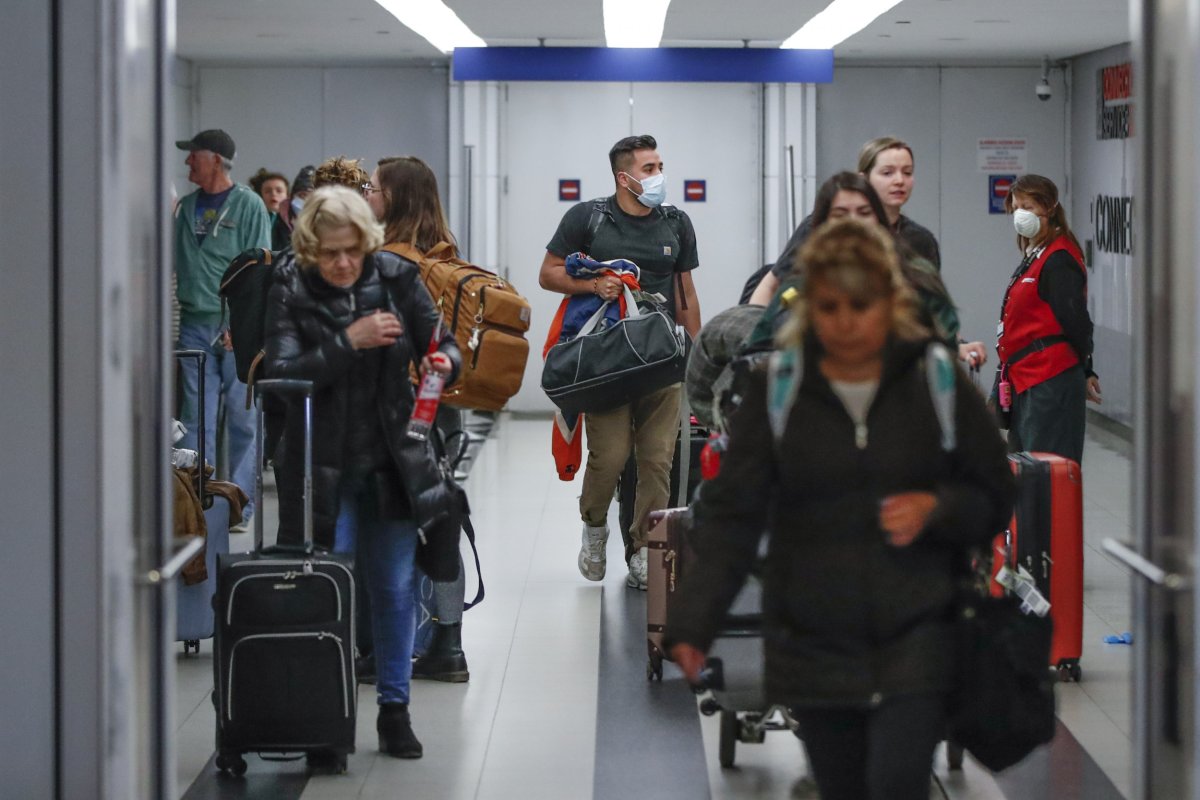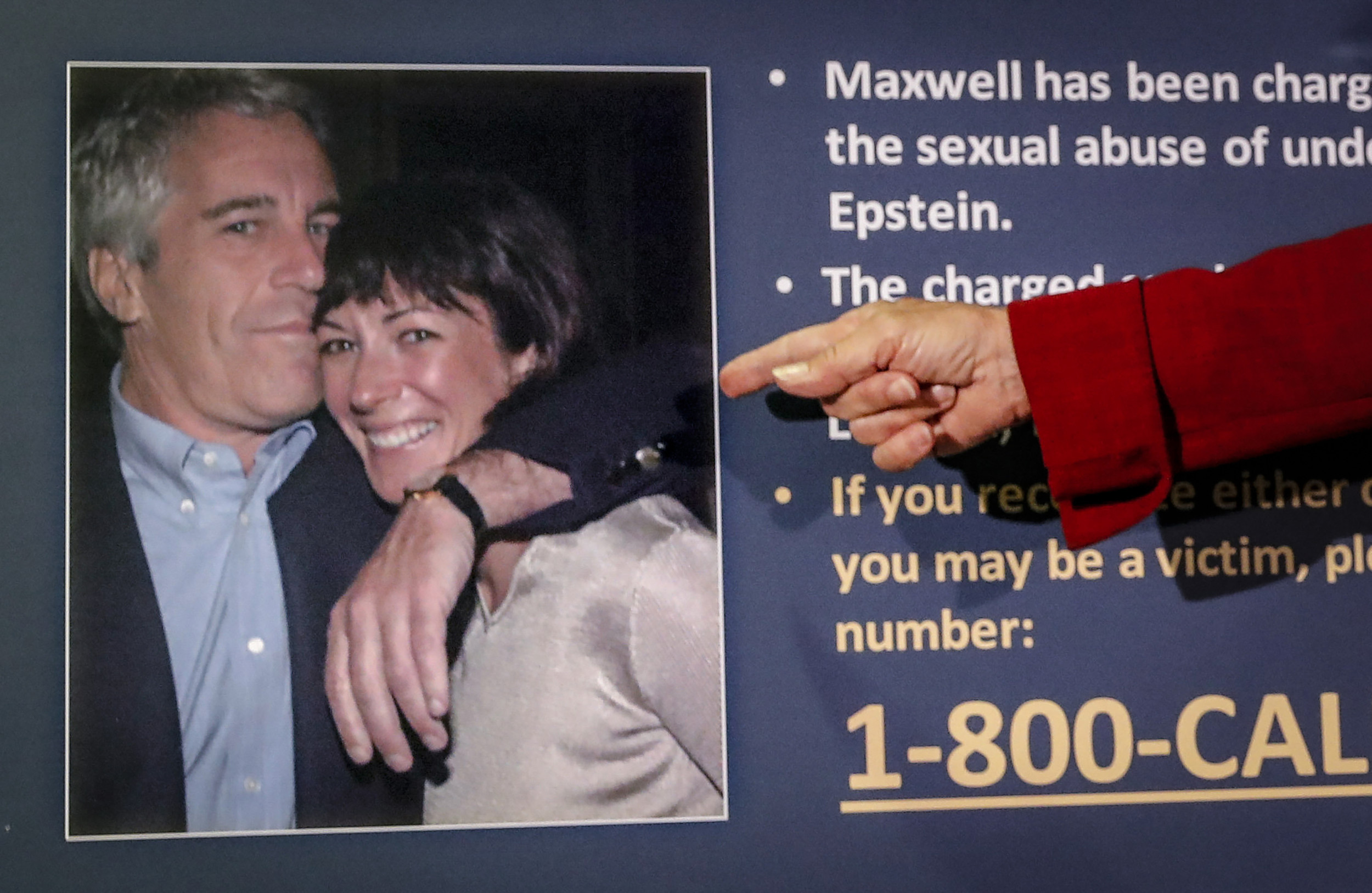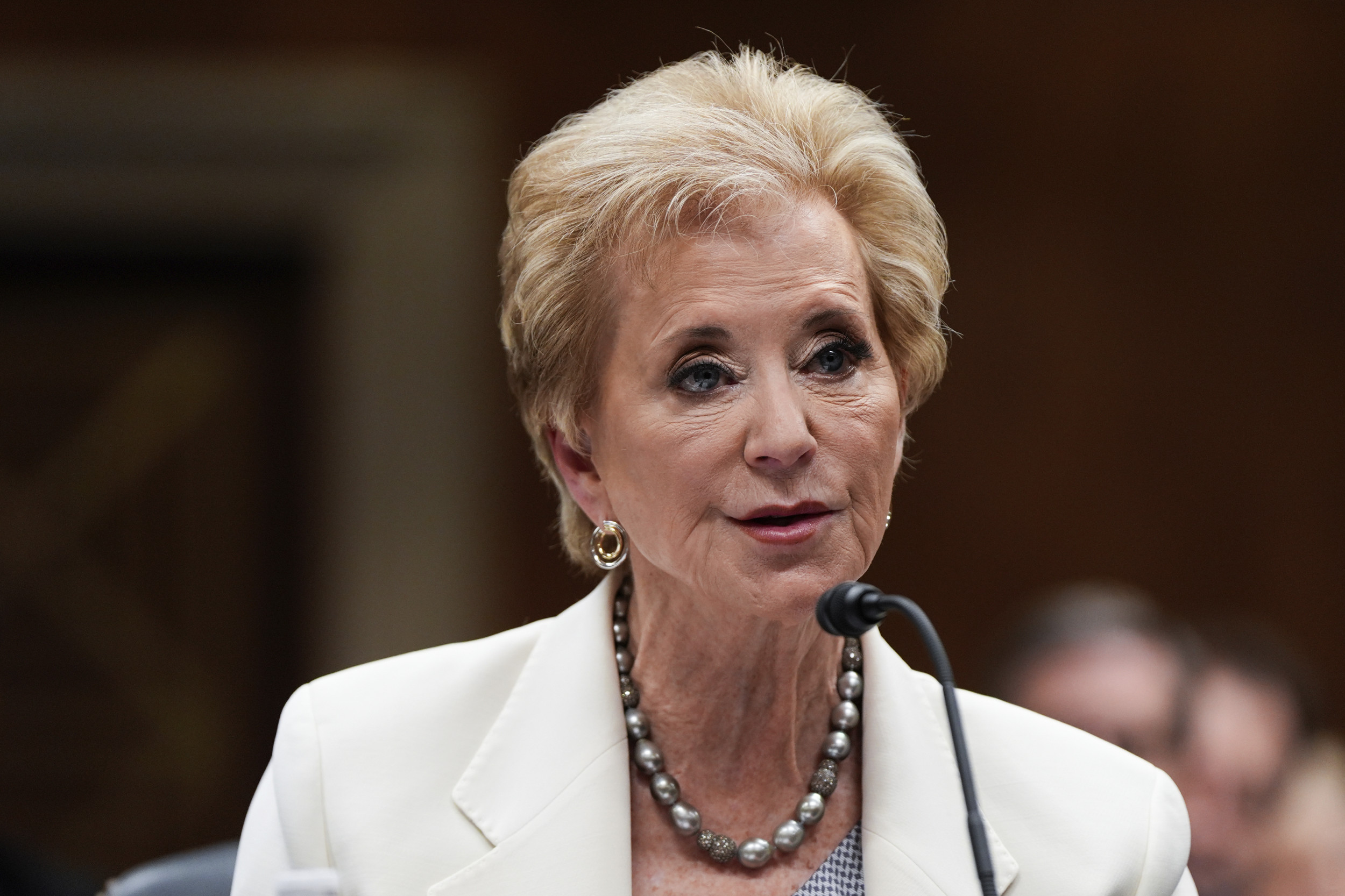🎙️ Voice is AI-generated. Inconsistencies may occur.
The latest data released by the Transportation Security Administration (TSA) shows a significant fall in passengers using flights in the U.S. since President Donald Trump declared a national emergency over coronavirus on March 13—but also that hundreds of thousands of people are still flying.
Daily passenger numbers collated by the TSA show that the number of travelers dropped by more than 80 percent—in excess of 1.3 million people—between March 13, when the emergency was declared, and March 23.
The numbers are striking when compared with the same dates last year. From March 13 to March 23 this year, the number of fliers is 63 percent lower than in the same period in 2019.
On every day but one since March 13, the number of airborne travelers has decreased—in some cases by as much as 275,000 people day-on-day. The daily number of travelers has not risen above 2 million since March 8, while last year the number did not fall below 2 million on any March day detailed in the available TSA figures.
Some Americans are still flying, despite coronavirus fears. TSA reported 331,431 travelers on Monday, though this was down from the 454,516 who flew on Sunday and significantly lower than the same day last year when 2,434,370 traveled.
Airlines are struggling to whether the coronavirus storm, which has curtailed air travel worldwide and prompted governments to introduce strict restrictions on movement.
Airlines are lobbying for government support to see them through the turmoil, but no one knows how long the situation will last.
A spokesperson for Airlines for America told Newsweek the pandemic "has already caused rapid and severe economic damage to the industry over an unprecedented amount of time."
They noted that many planes are only 20-30 percent full and booking figures suggest a 70-80 percent fall in passenger traffic. "This is getting worse each day," the spokesperson warned.
The Wall Street Journal reported that thousands of flights were canceled Monday, many because there simply were not enough passengers aboard. Some took off anyway, and one flight between New York's LaGuardia Airport and Washington D.C. had only three passengers aboard.
American Airlines and United Airlines canceled around 40 percent of their flights on Monday, according to tracking site Flightaware.com. The situation is likely to get worse as coronavirus cases and deaths spike in the U.S.
To date, there have been 46,450 confirmed U.S. cases of coronavirus, with 593 deaths and 295 recoveries. But the real number of infections is much higher, and hospitals will likely soon begin to struggle under the weight of admissions.
A World Health Organization spokesperson warned Tuesday that the U.S. is experiencing a "very large acceleration" in case numbers and could yet become the epicenter of the outbreak. Regardless, Trump has suggested he wants to lift some restrictions within weeks to boost economic performance, despite warnings such a move could result in more infections.

About the writer
David Brennan is Newsweek's Diplomatic Correspondent covering world politics and conflicts from London with a focus on NATO, the European ... Read more



